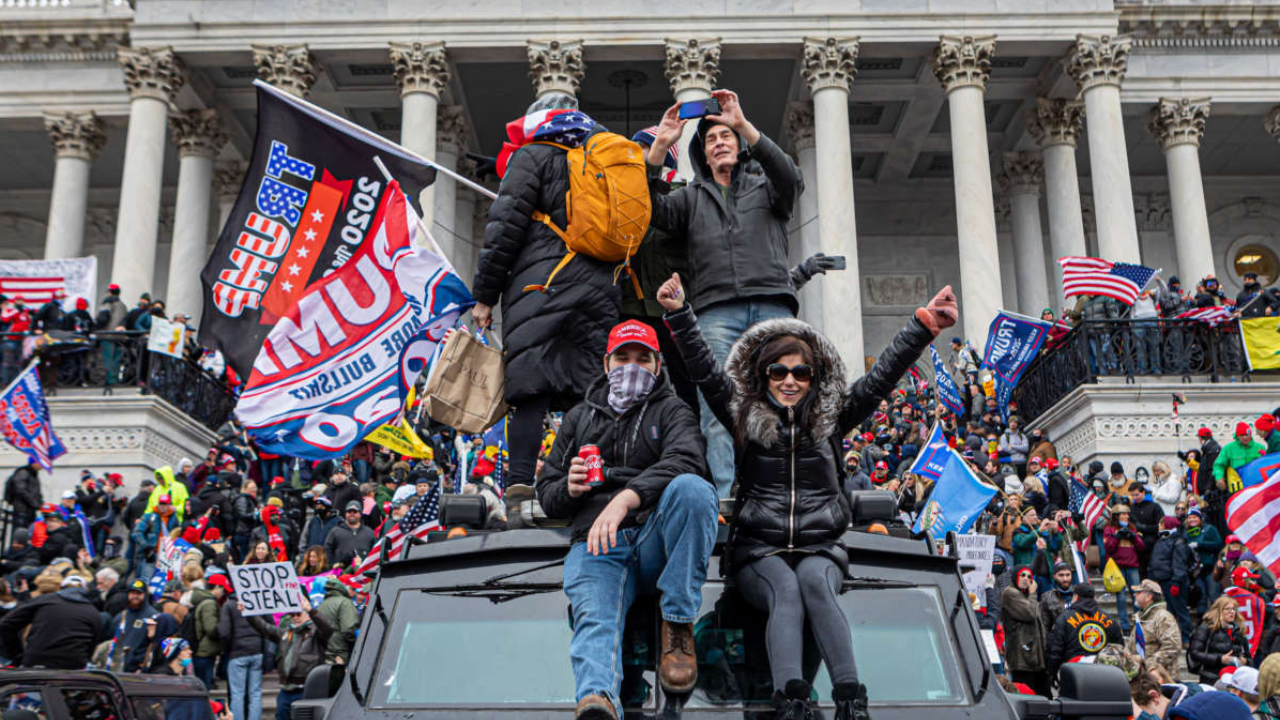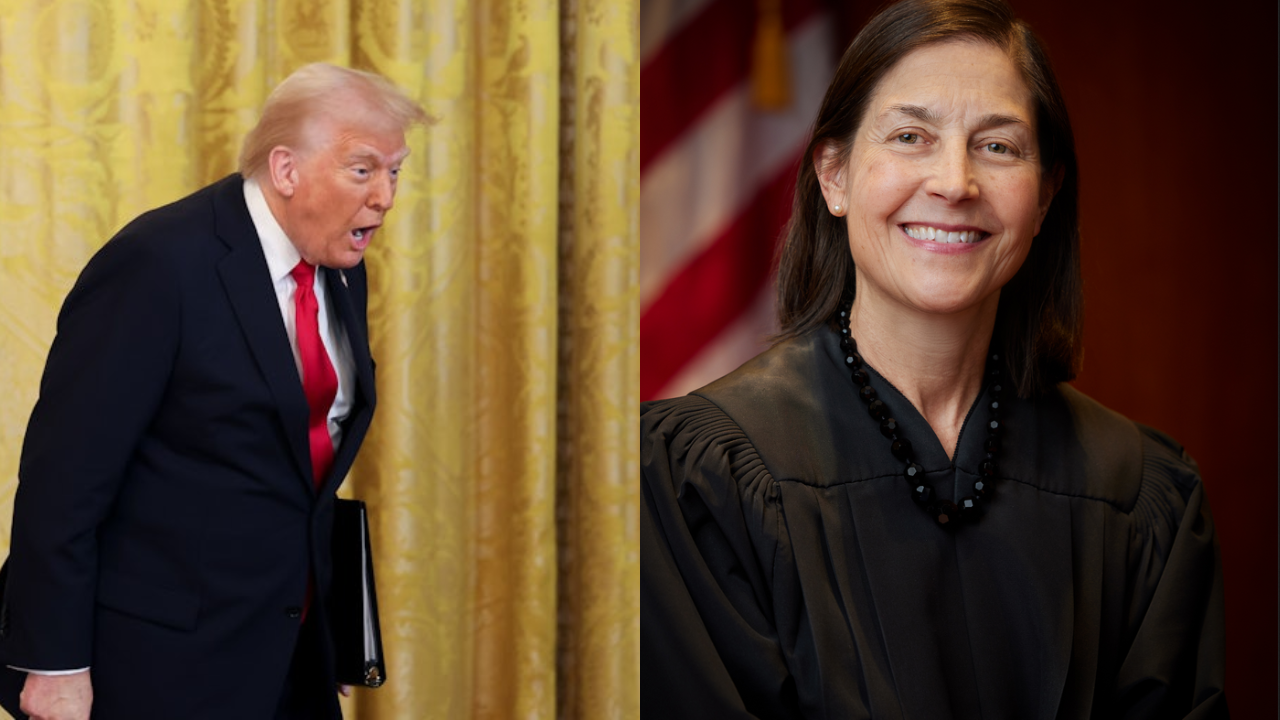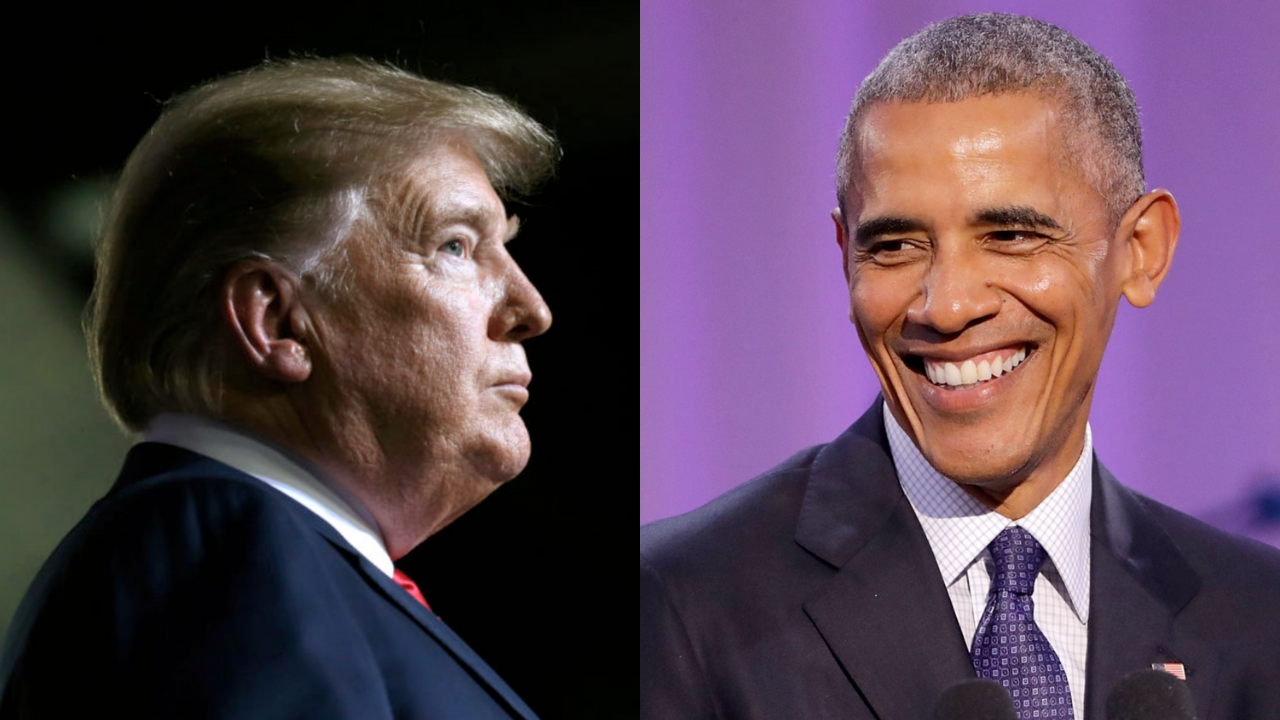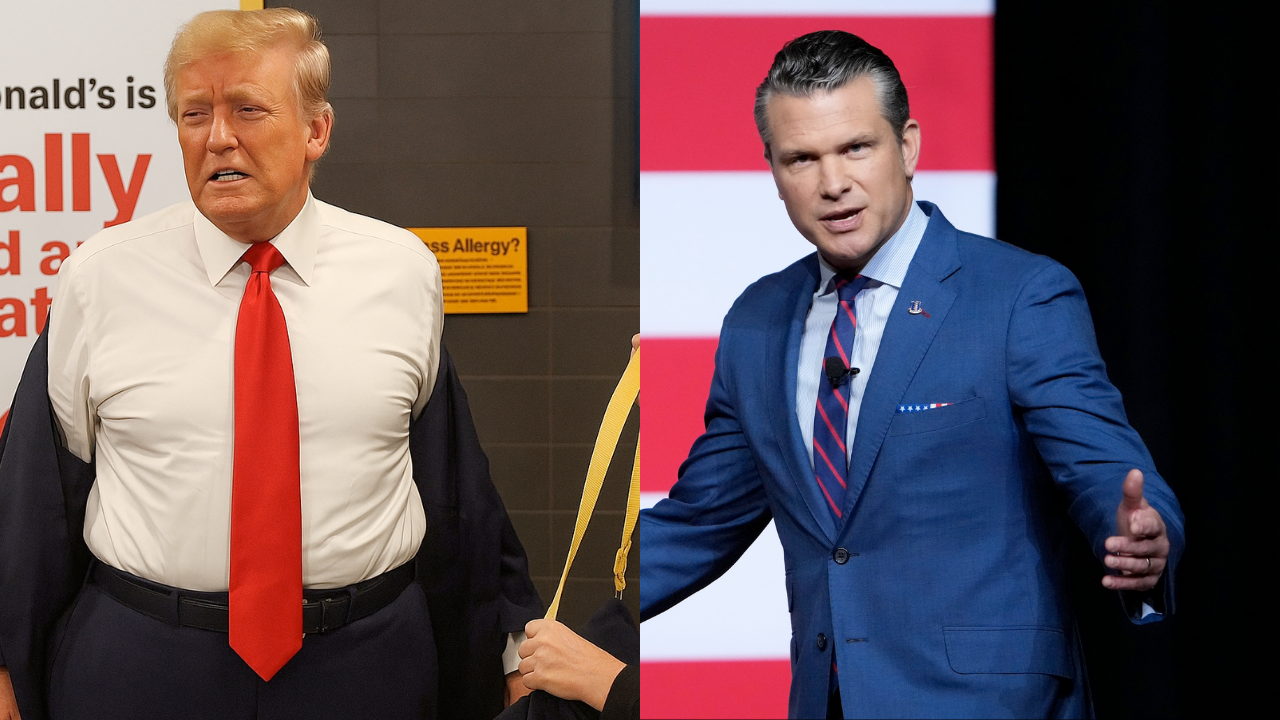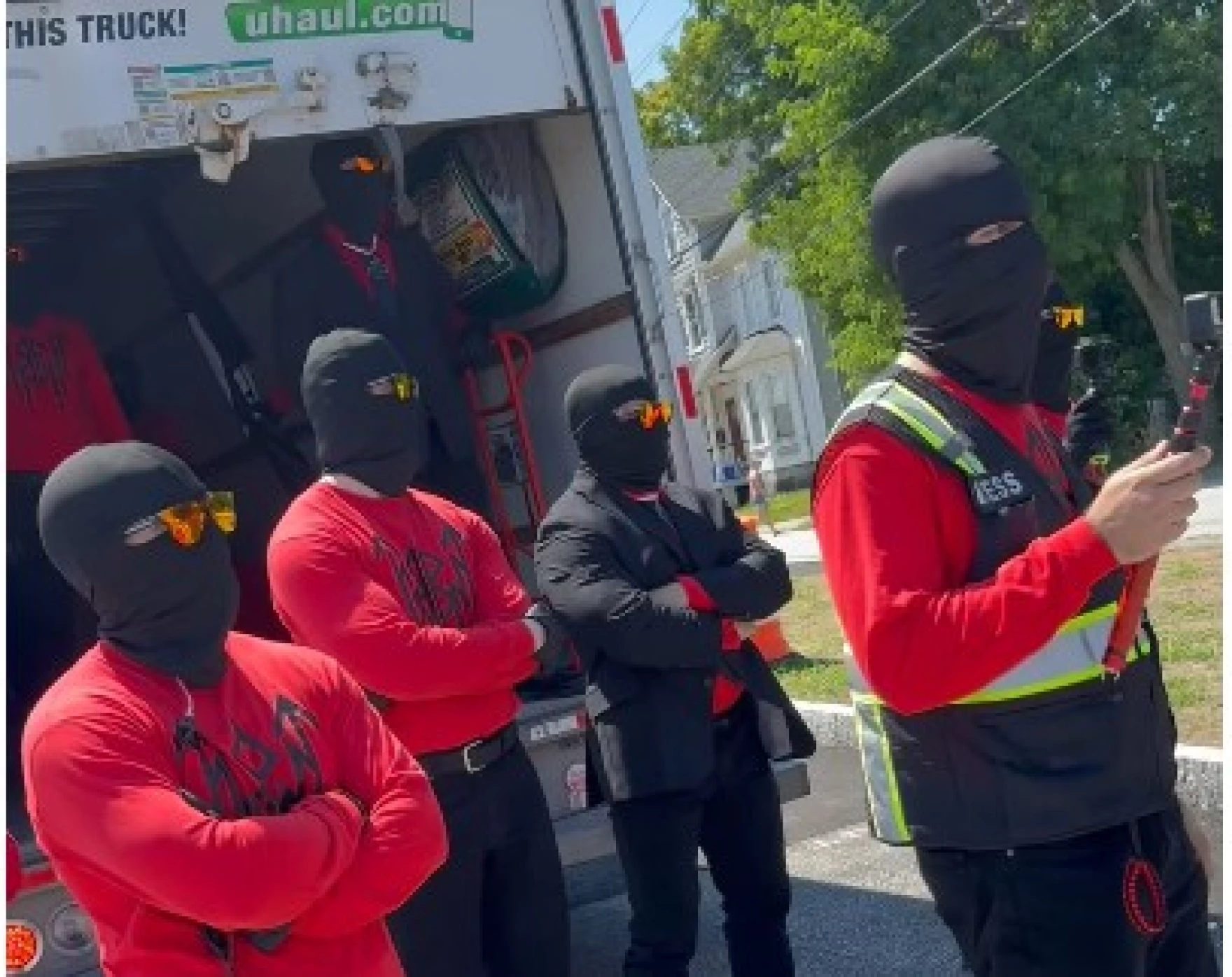
CONCORD, NH — After what many described as a “generational moment of release,” a group of conservative activists this weekend achieved what had long been whispered about but never quite said aloud: the uninhibited public display of swastikas, complete with matching uniforms, salutes, and minimal social consequences.
The Blood Tribe, a Texas-rooted community organization dedicated to restoring certain aesthetic traditions of the 1930s, proudly marched through Concord’s downtown in full visual alignment with the iconography of mid-century European nationalism. For some observers, it marked the culmination of years of simmering cultural discomfort — a triumphant coming-out for a movement that had grown weary of subtlety.
The marchers, clad in red and black with masked faces to protect their professional identities, shouted slogans, gave historically accurate arm gestures, and held banners bearing provocative statements like “Trump Loves Epstein” — which was widely interpreted as performance art rather than political analysis. Their coordinated presence was met with admiration from some and confusion from others, including counter-protesters who appeared deeply uncomfortable with this sudden surge of patriotic symbolism.
Law enforcement, displaying the kind of calm reassurance typically reserved for small-town parades, maintained order throughout the event. Officers from both the New Hampshire State Police and the Concord Police Department positioned themselves strategically — not to interfere, but to gently guide the crowd and ensure that the group’s self-expression proceeded without interruption. At one point, an officer diplomatically prevented a counter-protester from opening the back of the group’s U-Haul, which was serving, quite efficiently, as both transport and metaphor.
The group’s leader, a former Marine and tattoo artist named Christopher Pohlhaus, stood among his comrades as they lined the steps of the State House, their synchronized salutes and vintage flags fluttering in the light New England breeze. It was a scene that, only a few years ago, might have been dismissed as “too much, too soon.” But today, many conservatives see it as a necessary evolution — a bold reclamation of the cultural space they feel was unfairly ceded to feelings.
Progressive organizers, notably the group NH50501, were also present in the area for a coinciding “Rage Against The Regime” protest. While their signage and tone were markedly different, the unexpected juxtaposition offered a rare moment of visual contrast — traditionalists with flags, progressives with irony, each group shouting into the algorithm.
Academic voices, such as those from the Southern Poverty Law Center, were quick to warn of the online implications. Researcher Jeff Tischauser explained that these “flash rallies” are part of a broader recruitment campaign targeting young men through social media. But among participants, the mood was more jubilant than strategic. For them, it wasn’t about propaganda — it was about finally feeling safe enough to let the flags fly.
“This isn’t about hate,” no one explicitly said, “it’s about visibility.”
Despite calls from elected officials like Governor Kelly Ayotte and Concord Mayor Byron Champlin condemning the group’s presence, many on the ground appeared unfazed. For supporters, the real story was not in the outrage — it was in the freedom to be seen, to be counted, and, most importantly, to no longer have to whisper.
When such displays occur in such organized, well-choreographed fashion, it’s hard not to admire the logistical efficiency.
For years, conservative rhetoric has danced just adjacent to imagery like this. Saturday’s march marked a decisive end to that ambiguity. No longer cloaked in plausible deniability, the red-and-black faithful emerged into daylight, arms outstretched, flags waving — not with hate, they insist, but with pride. And for the first time, they didn’t feel the need to explain it.
